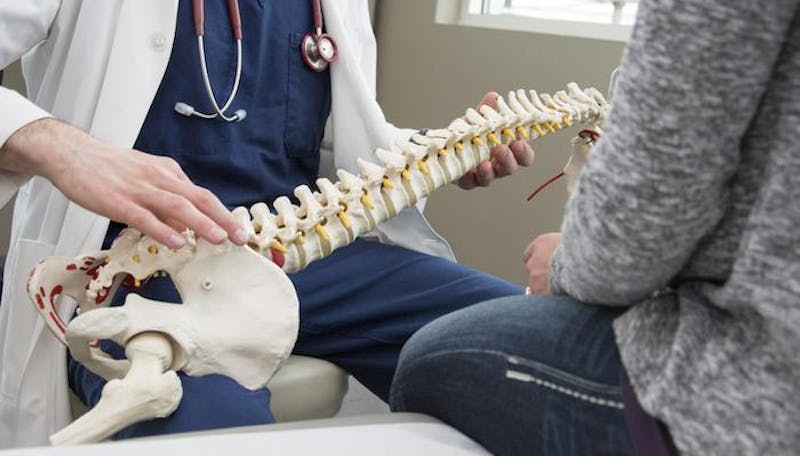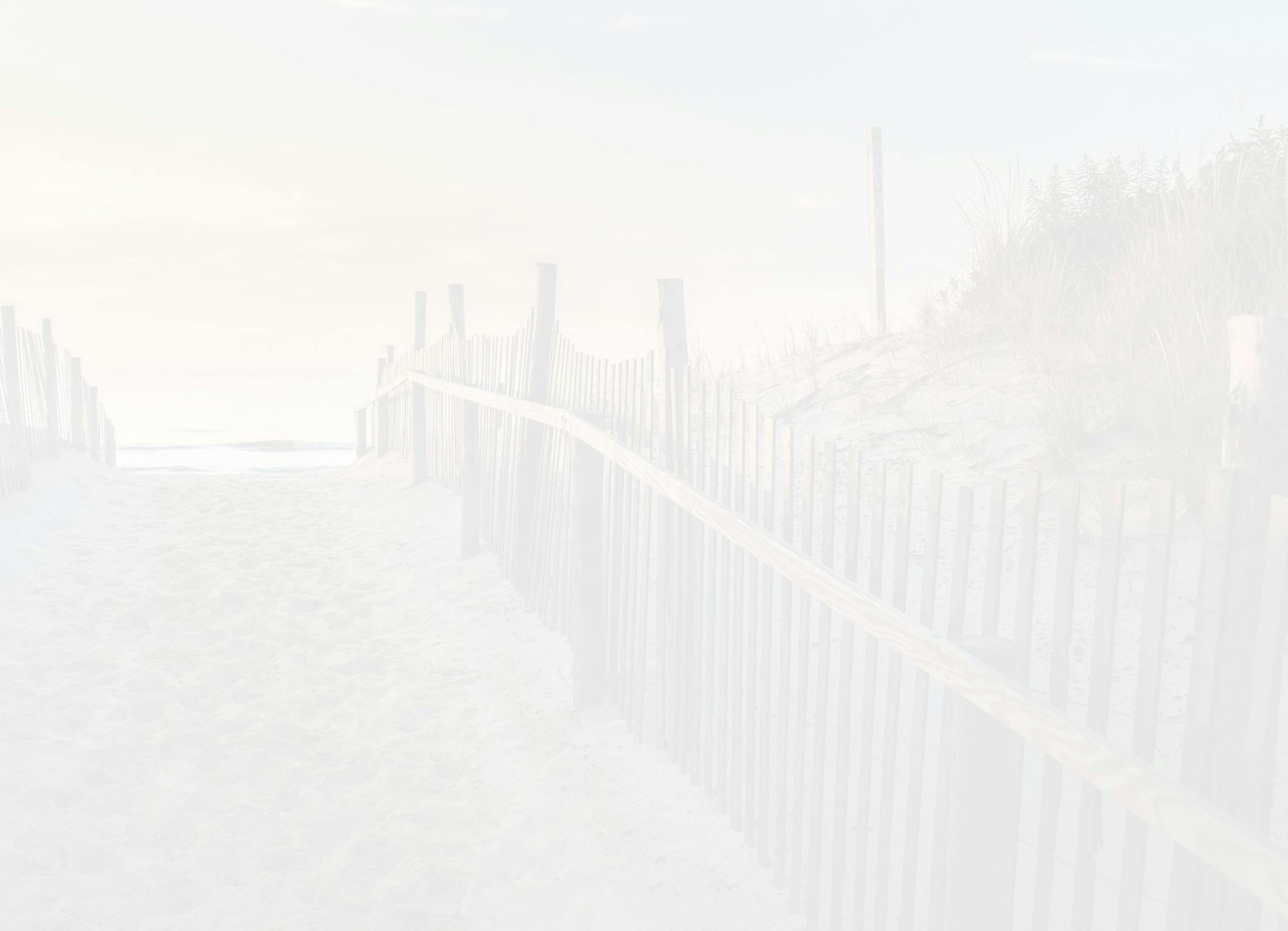
Adult-onset scoliosis is not as common as the childhood (pediatric) version. It can, however, cause significant issues with mobility and chronic pain due to the underlying cause of the abnormal spinal curvature.
The orthopaedic spine specialists at the Center for the Functional Restoration of the Spine (CFRS) use advanced technologies to accurately diagnose and treat chronic and acute conditions affecting the spine.
From conservative regimens to state-of-the-art minimally invasive spine surgery, our services focus on restoring mobility and relieving the back and neck pain that’s interfering with your quality of life.
Here’s what you need to know about adult-onset scoliosis and when it’s time to seek treatment.
What is the difference between adult and pediatric scoliosis?
Both types of scoliosis result in an abnormal rotational or side-to-side curvature of the spine. Most cases of pediatric scoliosis are idiopathic, meaning there is no clear reason for the irregular growth.
Typically diagnosed in late childhood or early adolescence, pediatric scoliosis usually ceases to progress once the skeletal system has reached maturity.
Without surgical intervention, which is rarely necessary, the spine affected by pediatric scoliosis remains curved during adulthood. Some people diagnosed with adult scoliosis may have had a mild curvature that developed in adolescence but was missed.
Adult-onset scoliosis, however, causes changes in the spine that were not apparent in childhood or adolescence. It typically begins after age 50.
The side-to-side spinal curvature of adult-onset scoliosis usually develops gradually, is frequently C-shaped, and most often affects the lumbar spine (lower back), but can occur in other spinal regions such as the mid back (thoracic spine).
What causes adult-onset scoliosis?
Certain neuromuscular diseases that weaken the muscles holding the spine in place, such as muscular dystrophy or a spinal cord injury, can lead to adult scoliosis.
Most often, however, adult-onset scoliosis is related to degenerative changes in the spine that occur with osteoarthritis or other wear-and-tear issues caused by aging and/or overuse.
As the small hinge-type facet joints that control movement of the spine and the intervertebral discs that act as cushions between the vertebrae wear down, the backbone can move out of alignment.
Scoliosis often develops when degenerative changes are worse on one side of the spine than the other. This causes the off-balance weakening that shifts the backbone into the C shape that often defines scoliosis.
Notably, the pain related to adult-onset scoliosis is often caused by the underlying issues of joint inflammation and nerve impingement and not the curvature itself.
Your symptoms may include:
- Aching pain or stiffness in the mid or lower back
- Numbness and tingling that radiates (travels) into the buttocks and legs
- Sharp, shock-like or stabbing pain in the back as well as the legs that may come and go
- Pain that develops or worsens with walking and decreases with rest
As the spinal curve worsens, you or your physician may also notice unevenness in the hips, pelvis, or shoulders with standing or bending forward at the waist. In some cases, height loss can also occur.
How do you treat adult-onset scoliosis?
Our specialty team at CFRS designs personalized treatment plans that are based on a comprehensive evaluation and designed to suit your individual needs and circumstances.
Generally, however, effective treatment for adult scoliosis typically includes conservative measures, such as:
- Medication to relieve pain and inflammation
- Exercise that focuses on strengthening the muscles supporting your spine
- Guided physical therapy
- Bracing to relieve physical symptoms and help improve mobility
Surgery, while typically a last result, may be necessary if pain and decreased mobility related to adult scoliosis are affecting your quality of life.
For more information about adult-onset scoliosis or any of the treatments we offer at CFRS, schedule an evaluation at one of our three New Jersey locations. Call the nearest office or request an appointment online.

